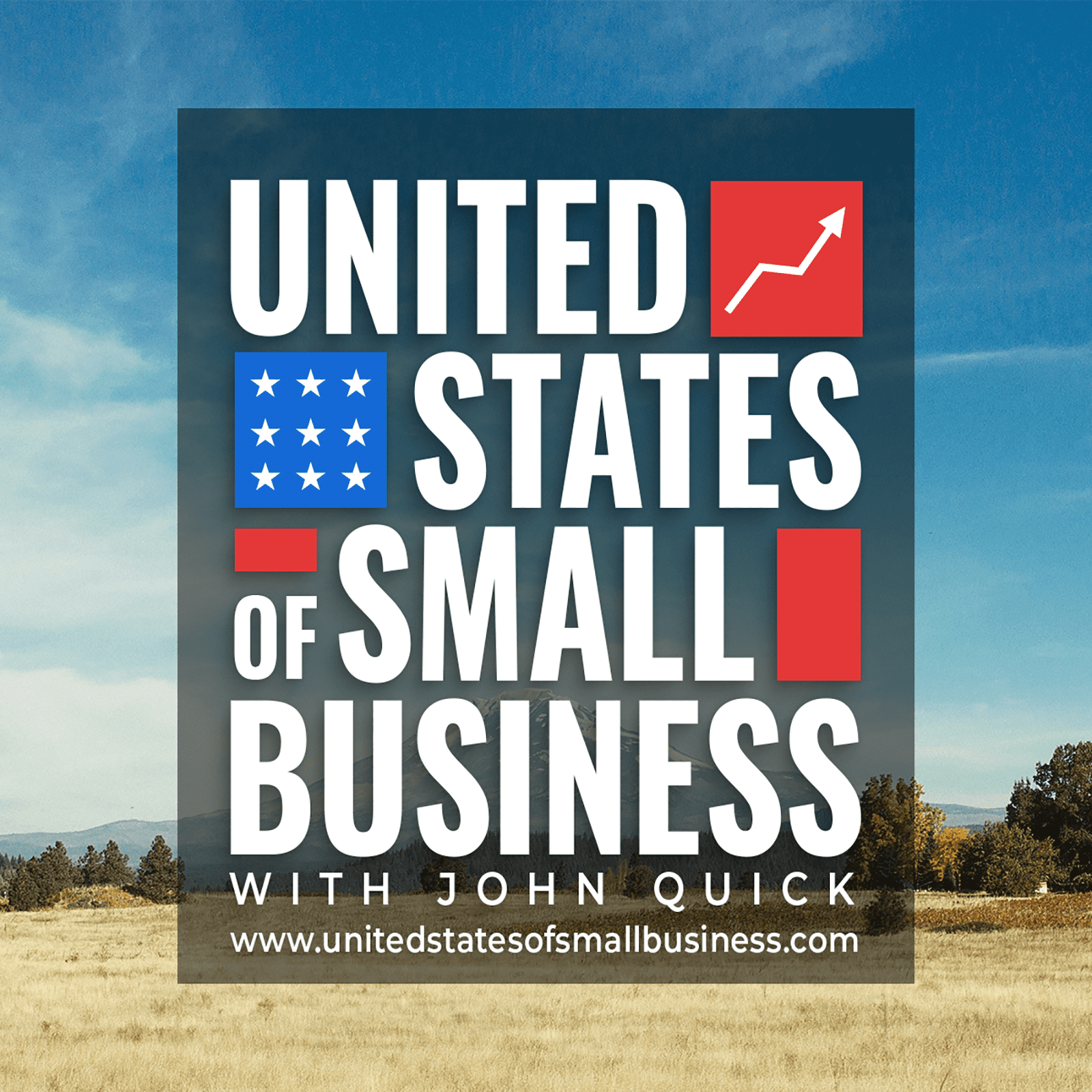Authenticity is the New Integrity

Back in the days of plain language and real meaning, the concept of integrity was well understood and the definition of the word itself was uniformly shared. That was then. Now we have authenticity.
As it’s commonly practiced, authenticity is the appearance of integrity; that is, it’s the manipulation of codes of sincerity that makes it appear one is thinking, speaking, writing, and acting with integrity. It’s a combination of crossing your fingers behind your back and a Get Out of Jail Free card. Most important, it’s not integrity.
integrity (noun):
- adherence to moral and ethical principles; soundness of moral character; honesty
2. the state of being whole, entire, or undiminished
authenticity (noun): the quality of being authentic; genuinenes
- authentic (adjective)
2. not false or copied; genuine; real
representing one’s true nature or beliefs; true to oneself or to the person identified
Morality, ethicality, sound character, wholeness, entirety, and being undiminished are not the same as genuine, real, or truth to one’s nature, beliefs, or self. They’re different. And critically so.
How Did We Get Here?
With the unceasing onslaught of vapid jargon and the boundless coining of terms, phrases, abbreviations, acronyms, and new definitions of what had been perfectly serviceable linguistic expressions, the question in the subhead above is not rhetorical. In fact, it can’t (and likely won’t) be taken as seriously as it should be. If you doubt that — setting aside empty buzzwords like innovation, disruption, thought leadership, and more — you don’t have to look any farther than the terms listed below, all of which used to be nouns but have now been perverted as verbs:
Brainstorm: Originally coined to conjure the notion of a sudden and violent disturbance in the brain, brainstorming denotes a method of shared problem-solving in which all members of a group spontaneously contribute ideas. In business lexicon, it now connotes blind groping — finding one’s way like a lost sheep — through any assignment for which the brainstormer is thoroughly ill-equipped.
Larry: We’ve got to brainstorm on this baby.
Bert: Right. We’ve also got to figure out what the hell we’re doing.
Dialogue: In the vernacular of the business world, it is now impossible to discuss anything. The best one can hope for is to find a kindred, bureaucratic spirit with whom one may dialogue.
Art: I think we should dialogue with our managers about this.
Stu: Okay. But wouldn’t it be easier to have a conversation?
Gift: A gift used to be something bestowed voluntarily without thought or hope of reciprocity. Unfortunately, it’s now become a description of the bestowing.
Big Guy: We’ve got to gift our 25-year employees.
Lackey: Maybe. But I was thinking more along the lines of a commemorative present. Has the gold watch been done before?
Impact: Formerly the striking of one body against another, a collision, or a crash, impact has now become the verb of choice for those who are unfamiliar with — or feel let down by — the verb, affect.
Ralph: I think the current downsizing initiatives will negatively impact our bottom line.
Will: Bingo! In fact, they may even affect us badly.
Incent: Is it more deplorable to coin a word out of ignorance or out of laziness? In an effort to avoid having to construct sentences around the noun, incentive, some enterprising corporate jargoneer took a linguistic shortcut by giving utterance to the verb, incent, followed by incentivize, which purports to mean to incite to action, to provide motivation, to stimulate a desired activity or level of activity.
Jim: We’ve got to incentivize our salespeople to grow their productivity this year.
Floyd: Yep. And we ought to give them some incentive to sell more while we’re at it.
Leverage: Leverage used to be the action, applied against a fulcrum, by which we raised or moved objects that would otherwise be too heavy to move without that leverage. Now it describes the process of applying that action.
Fred: We’ve got to leverage our resources.
Clem: While we’re at it, maybe we can use them for leverage, too.
I could go on almost forever about the ways in which we’ve perverted language and drained it of meaning in business and beyond. But you get the idea.
First, I would straighten out the language. (Confucius when asked how he would restore order to the world)
When thinking, speaking, writing, and acting can be undertaken without discernible (let alone definitive) meaning — reducing expression to the verbal equivalent of the water balloon that can be squeezed here only to pop out there — is it any wonder integrity has been jettisoned? Once we abandoned sense and meaning, reason was as good as gone. Integrity just followed it out the window. And feeling prevailed over thinking.
Authenticity may be a surrogate for integrity. But it’s no substitute.
Besides, integrity’s more useful.
Originally Published on https://www.bizcatalyst360.com/category/lifecolumns/notes-to-self/




























Already a Member? Login Here.
Not Yet a Member? Join the Conversation Today!